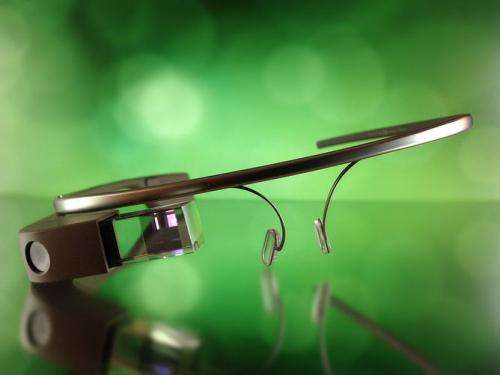Google Glass was a product looking for a market

The announcement that Google is to halt sales of its Google Glass augmented-reality spectacles has been interpreted by some people as the end of a pilot project and the start of a new phase of product development, or by others as indicative of failure.
Google tell us that the 18-month run of Google Glass is a successful pilot, one that ends now that the device has moved out of Google X – the firm's out-there research facility – and into a new development facility headed by the founder of Nest, Tony Fadell, which Google bought last year.
So, success or failure? A pilot that crashed, or a first-step experiment? Without a doubt, if the product had taken off commercially, words such as "pilot" would have been quickly forgotten. Google Glass has not been the success that was hoped for. Feedback has thrown up a host of problems – from fashion, to privacy and governance, to industrial design.
Google Glass has cracked. The post-mortems have already started coming, suggesting several reasons: cost, battery life, our attachment to mobile phones and the look of the thing – all are pointed to as culprits.
A market that never was?
But not everyone was critical: in October 2014, India was reported to have the highest number of owners. Yet around the same time a survey of Americans reported by CNet, found that 90% said they wouldn't wear Google Glass. The reason? Social awkwardness. Essentially, people were freaked out by wearing the kit on their heads.
A second study identified a, perhaps less surprising, reason why 72% reported they wouldn't wear Glass, that of privacy concerns. Many respondents had concerns such as "the potential for hackers to access private data, the ease with which others could record their actions without their knowledge and the potential for private actions to become public".
Even as wearables more generally were launched by just about every firm in tech, Google Glass was singled out as a problem within a bigger set of worries for wearable marketers. A survey for Fortune found that only 12% said they were likely to buy a wearable device in 2015, while 74% said they were not likely to. But only 2% were likely to buy smart glasses such as Google's, while 92% said they wouldn't.
One might say the virtual writing was on the digitally projected wall. But is it still the case? More recent research suggests that, even in the past six months, wearable sales are still rising. But this includes all wearable devices including smart watches – smart glasses like Google Glass are clearly the least popular of the wearables.
Gone for good, or just gone for now?
So, what's next for Google Glass? Formerly at Apple, Fadell – deemed the "father of the iPod" – brings his more commercial, design-driven background to the product's future. This marks a shift away from the what was seen as a more fashion-dominated approach to Google Glass driven by Ivy Ross and her experience of jewellery design, who nevertheless remains on the team.
Fashion will always play a part with wearables. Currently the smart money is on smart watches that look more like old watches. On the other hand, no one would necessarily have imagined the iPhone when they were gripping the handset of an old Nokia, and look how successful they've been. The next version of Glass (if there is one) may well be game-changingly different, or may just settle into the comfortable familiarity of an ordinary pair of spectacles.
In any case, a future version of Google Glass has to solve the concerns over privacy, the feeling of being freaked out by sensory overload – and that of looking, and feeling, a bit bizarre. Copycat products, some aimed at the personal consumer, others more at corporations, are arriving on the scene with even worse offerings – as writer Pavel Alpeyev acidly remarks:
Some of the consumer designs seem to draw inspiration from the soulless aesthetic of an office copy machine. Those designs destined for the enterprise world aren't much better – apparently you can treat people as equipment racks once they're on the payroll.
I wouldn't write off Google Glass, nor discount the company's willingness to regroup and re-imagine its ideas, nor write off what other tech innovators will come up with in this category in 2015 and beyond. That said, we may one day look back on the whole digital spectacles idea as an Alice-in-Wonderland curiosity. But hey, curiosity is where innovation starts, isn't it?
Source: The Conversation
This story is published courtesy of The Conversation (under Creative Commons-Attribution/No derivatives).
![]()





















